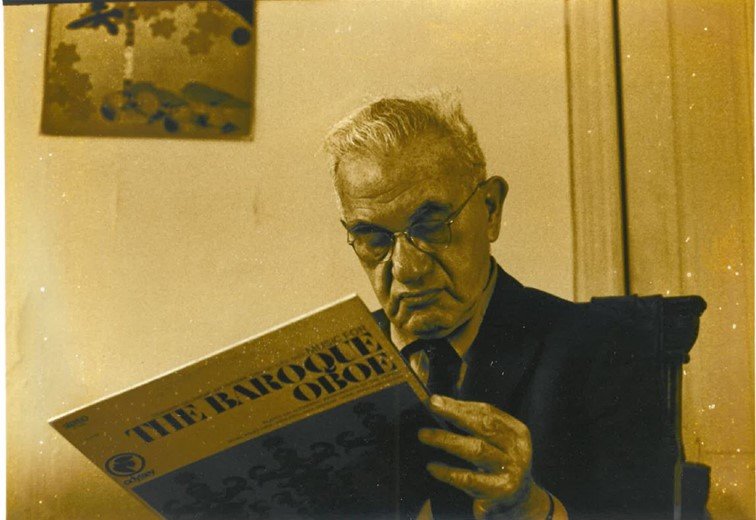
Richard Martin Honig – Formative Göttingen (Criminal) Jurist?
Richard Martin Honig (1890–1981) is best known in German criminal law as one of the pioneers of the doctrine of objective imputation due to his ground-breaking contribution “Kausalität und objektive Zurechnung” (Causality and objective imputation) in the Festgabe für Frank (1930), which has since become commonplace in German criminal law doctrine. The resounding success of this legal concept has led to an almost unmanageable range of opinions and an ever-expanding scope of application. In order to clarify and reassure the fundamentals, it therefore seems promising to take a look back at the origins of objective attribution and thus Honig's contribution, which has been somewhat overshadowed in the current debate.
In view of the success story of the doctrine of objective imputation and Honig's contribution to it, however, it is often overlooked that Honig has also made important contributions in other areas of criminal law dogmatics (including consent, the offence of omission and the doctrine of competition), which also deserve to be re-read. In addition, Honig has worked on and researched a wide variety of topics like almost no other jurist, so that his work also includes treatises on canon and Roman law, Turkish-language introductions to jurisprudence and legal philosophy, contributions on American criminal procedure and the draft of an American criminal code. This part of Honig's oeuvre has also been little researched - not least because Honig has so far only been received in German criminal law scholarship.
The diversity of the topics covered also reflects Honig's extraordinary career. Honig, a professor in Göttingen since 1925, was forced to emigrate during the Third Reich due to his Jewish origins, which led him first to Turkey and then to the USA. Despite this experience, Honig returned to Germany in the 1960s, where he died in Göttingen in 1981. The significance of his biography for Honig's professional work as well as his human greatness are aptly described in the commemorative publication presented for Honig in 1970 in the greeting from the Dean of the Faculty of Law at the University of Göttingen: Honig was a “man whom the injustice inflicted on him by his expulsion in 1933 did not prevent him from finding his way back to his place of work in Germany, renewing old friendships and establishing new ones, and becoming a mediator between the legal worlds of his old and new homelands through his recent work on American-German comparative law”.
The aim of the project is to comprehensively honour the person and work of Richard Honig – 40 years after his death. The focus will not only be on his contemporary relevance for today's criminal law doctrine, but also, for the first time, on his significance in other areas of law (and in other legal circles). The results will be published in a German-language anthology, which will provide a kind of profile of Richard Honig's work and thus serve as an impetus and starting point for future research on Honig.
| Outcome: | workshop and edited volume |
|---|---|
| Project language: | German |
| Project status: | completed |
| Photo: | © P.-A. Hirsch: self-created photograph of Honig, which is on display in the library from the archives of the University of Göttingen. |










